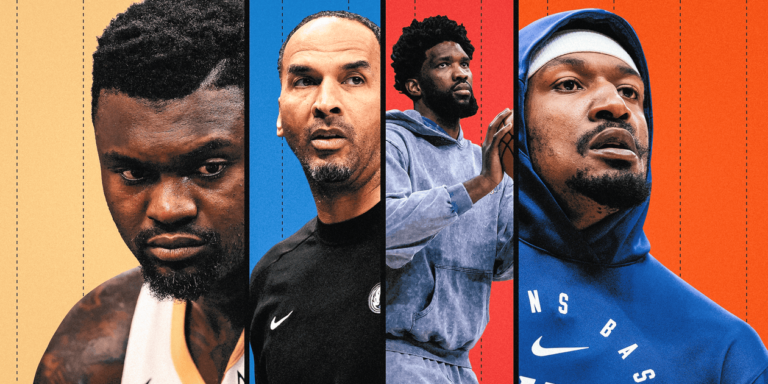Here is the plain text result:
Aryna Sabalenka had fallen just short of winning a third straight Australian Open title, but it hadn’t affected her standing with the adoring Melbourne crowd.
When the two-time champion took the on-court microphone after losing Saturday’s final to Madison Keys, she was greeted with rapturous applause. Fans laughed along as Sabalenka eschewed the tradition of thanking her team, instead joking about her three-set defeat being their fault. It was a typically entertaining speech, delivered immediately after Sabalenka had smashed her racket in frustration before briefly leaving Rod Laver Arena to compose herself.
Sabalenka, 26, has three Grand Slam titles. At the last two majors, she won the U.S. Open and then finished as the losing finalist at Melbourne Park, winning 13 out of 14 matches in the process. She has an engaging, funny personality and a big social media presence, playing an eye-catching brand of ultra-attacking tennis. She is the world No. 1.
These are all the metrics that brands and sponsors look for in a sportsperson, but before the Australian Open, Sabalenka split with sports marketing behemoth IMG to join Evolve — a smaller agency co-founded by four-time Grand Slam champion Naomi Osaka — after running down her deal because of dissatisfaction with her representation.
An athlete’s nationality makes a huge difference. Let’s say you’re looking to sign up an American player. In that instance, you’re tapping into the giant American economy — half all the dollars spent on sport in the world by businesses comes out of the American economy.
To stand out beyond the tennis world where the real money is, you have to become a global face and persona.
When Kei Nishikori became the first Asian man to reach a Grand Slam final in 2014, he created a slew of endorsements that, half a decade later, were bringing in $31m every year. They included a Kei Jaguar car, Nissin Nishikori noodles and an alcohol-free beer from Asahi.
The social media element is “hugely important.” To modern-day sponsors, particularly newer brands, the amount of social media traction you have, the number of followers you have, all that kind of thing is massively important because it’s where they’re putting most of their marketing dollars.
Part of the reason for social media’s importance is consistency. One of the things that makes tennis global is its worldwide schedule, which can often see the best players spread across different tournaments, in different countries or even continents, from week to week.
In individual sports, classic rivalries are like gold dust. Great rivalries tend to attract a wider audience as it’s an entry point for those who are perhaps interested but not passionate about a particular sport. It gives them knowledge about a sport that otherwise they wouldn’t have.
The presence of Swiatek, along with Gauff, Elena Rybakina (if she can return to her form of early 2024) and players with the ability to run hot at a major (such as Keys), are further blockers to Sabalenka’s other route to transcendence: dominating the sport outright. A single player winning everything in their path is just as powerful a way into a sport as a compelling rivalry.
One major can make a difference: Wimbledon. Having missed out in 2022 (banned) and 2024 (shoulder injury), Sabalenka’s best result at the All England Club is a semifinal appearance in 2023.
Source link




